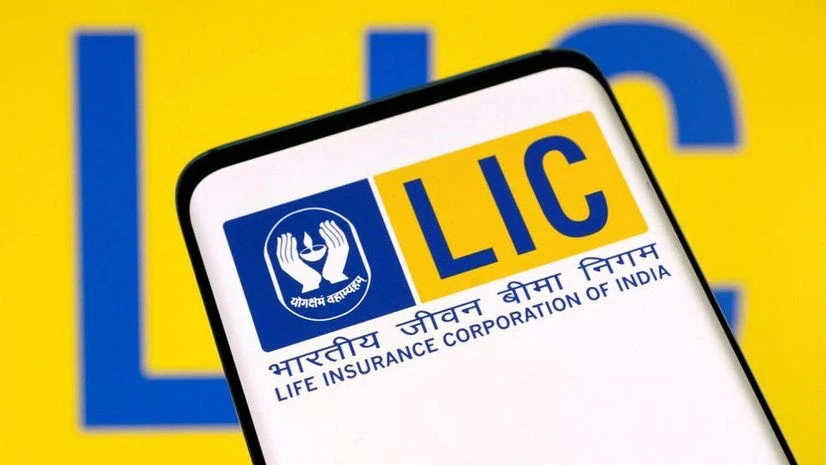The government might sell up to 5 per cent of its stake in Life Insurance Corporation (LIC) this fiscal year to comply with the minimum public shareholding (MPS) norm, according to a report by The Hindu Business Line.
Currently holding a 96.5 per cent stake in LIC, the government is considering options such as a follow-on public offer (FPO) and qualified institutions placement (QIP) to reduce its stake, the report claimed.
In May 2022, the government raised Rs 21,000 crore through LIC’s initial public offering (IPO), the largest in India’s primary markets history. This IPO was entirely an offer-for-sale by the government, involving 221,374,920 equity shares of Rs 10 each, priced at Rs 949 per share, representing 3.5 per cent of LIC’s paid-up capital.
Given the current stock price, a higher valuation could be achieved compared to the IPO.
On December 20, 2023, the Department of Economic Affairs, Ministry of Finance, granted LIC a one-time exemption to reach 25 per cent MPS within 10 years from its listing date, until May 2032. This exemption was reportedly in the public interest.
Subsequently, on May 14, 2024, the Securities and Exchange Board of India (SEBI) extended LIC’s deadline to achieve 10 per cent public shareholding by three years, setting the new deadline to May 16, 2027.
More From This Section
To maximise revenue within these deadlines, the government will sell its holdings incrementally, The Hindu Business Line said citing a source.
In a communication to shareholders, Siddhartha Mohanty, CEO and MD of LIC, stated that their primary focus is on profitable growth in market share while creating value for stakeholders. He mentioned that although the total premium growth was stable this year, they plan to intensify their efforts and deploy all necessary resources to enhance their market share.
Meanwhile, on August 6, LIC announced the launch of four new products: Yuva Term, Digi Term, Yuva Credit Life, and Digi Credit Life. In a separate announcement, LIC stated that its Bangladesh office would be closed from August 5, 2024, to August 7, 2024, due to the current socio-economic and political situation in the country.

)